Common Legal Mistakes to Avoid During Cooperative Society Registration
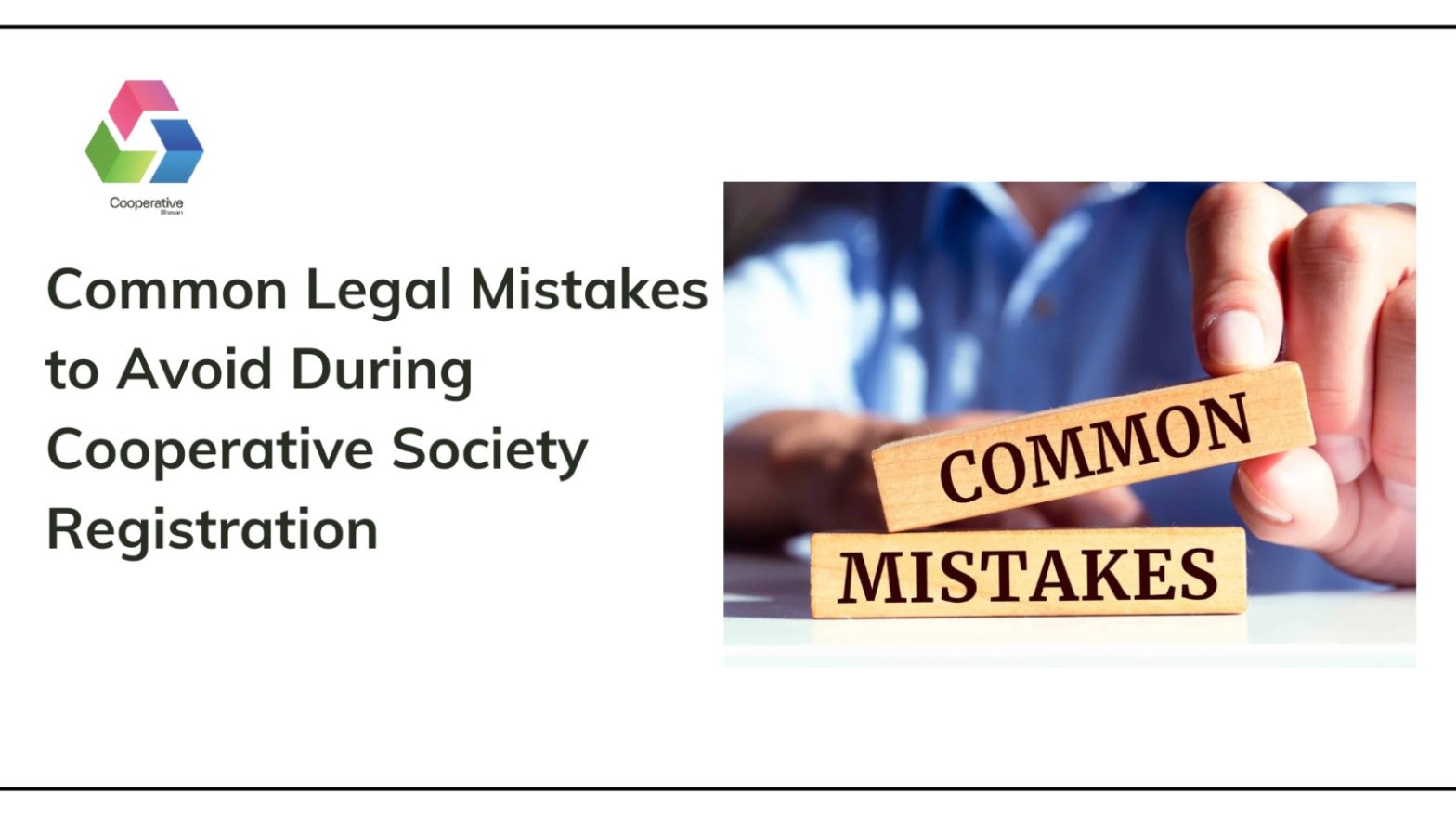
Why Legal Clarity is Critical for Cooperative Success
Forming a cooperative society is more than just an administrative task—it’s the foundation of a long-term community or enterprise initiative. It brings together like-minded individuals or organizations with a shared goal, be it agricultural development, financial inclusion, education, or social upliftment. But despite the noble intentions, many cooperative society registrations fail or get delayed due to easily avoidable legal errors.
Whether you’re pursuing Multi-State Cooperative Society Registration in Kerala, elsewhere in India, or under the Central Government multi-state society registration framework, legal accuracy is not optional—it’s essential.
At Cooperative Bhavan, we’ve guided numerous clients through each step of the registration process. Based on our experience, here are the most common legal mistakes applicants make—and how you can avoid them with the support of professional multi-state consulting firms in India.
1. Unclear or Vague Objectives
One of the earliest and most crucial errors is submitting an application with poorly defined or overly broad objectives. The Registrar of Cooperative Societies evaluates whether the proposed society has specific, practical, and cooperative-aligned purposes.
A vague objective like “to support members” lacks substance. It should clarify what kind of support, for whom, and how—especially under Multi-State Cooperative Societies Act, 2002, which requires detailed clarity on purpose and operations.
Tip:
Define your objectives with precision. For example: “To facilitate organic farming through joint procurement of seeds and collective marketing of produce among members across multiple states.” This kind of clarity increases approval chances.
2. Improperly Drafted or Generic Bylaws
Bylaws are the constitution of your society. They define how the cooperative will operate—including member rights, voting processes, financial management, and dispute resolution. Using a generic or copy-paste bylaw without customization leads to rejections or future legal conflicts.
Tip:
Customize your bylaws with professional help. Your bylaws should reflect your society’s scale, purpose, and structure. Multi-state cooperative consultants, like those at Cooperative Bhavan, ensure your bylaws are both legally compliant and operationally practical.
3. Choosing a Non-Unique or Misleading Name
The society’s name is not just a label—it’s a legal identity. Choosing a name that resembles an existing society, a company, or a government body often leads to outright rejection.
Tip:
Ensure your proposed name is unique, relevant to your objectives, and does not contain restricted words (like “government,” “bank,” or “India” without justification). A preliminary name search with the Registrar is highly recommended before submission.
4. Inadequate or Incomplete Documentation
Documentation is a critical part of the registration process. Missing or incorrect documents are among the top reasons for delays in Multi-State Cooperatives Registration in Kerala and other regions.
Typical missing documents include:
Member affidavits
- Proof of registered office address
- Identity proofs of promoters
- Project reports or business plans
- Financial forecasts
- Resolution copies
Tip:
Create a comprehensive documentation checklist. Engage a legal expert to verify each document’s completeness and correctness before submission.
5. Misunderstanding State vs. Multi-State Jurisdiction
Many cooperatives apply under the wrong legal framework due to a lack of understanding of jurisdictional differences.
State Cooperative Societies Act: For societies operating within one state.
Multi-State Cooperative Societies Act, 2002: For societies whose members or operations span more than one state.
Filing under the wrong Act leads to automatic rejection or complications later on.
Tip:
If your cooperative has or intends to have members across states (e.g., Kerala and Tamil Nadu), you must register under the Central Government Multi-State Society Registration process.
6. Not Securing Expert Legal or Professional Guidance
Attempting to navigate complex cooperative laws and procedures without support often results in delays, confusion, or errors.
Tip:
Collaborate with experienced Multi-state consulting firms in Kerala like Cooperative Bhavan. Our team offers end-to-end support—from feasibility study and bylaw drafting to document filing and post-registration guidance.
We stay updated on evolving cooperative laws and handle coordination with the Central Registrar’s office, so you don’t face unnecessary hurdles.
7. Lack of a Future-Ready Governance Structure
Many cooperatives fail to consider future scalability or growth challenges when registering. Without a solid governance plan, issues like board member conflicts, financial mismanagement, or decision deadlock may arise.
Tip:
Design your management structure and rules with foresight. Include provisions for term limits, external audits, member conflict resolution, and digital record keeping from day one.
Conclusion: Get It Right the First Time with Cooperative Bhavan
Registering a cooperative is a major legal step—it determines your society’s credibility, future funding eligibility, and operational strength. Avoiding legal mistakes during this process saves time, money, and the reputation of your society.
Whether you are aiming for Multi-State Cooperative Society Registration in Kerala or anywhere in India, Cooperative Bhavan ensures you are fully prepared. With our legal, technical, and strategic support, you can focus on building a successful, impactful cooperative while we handle the rest.

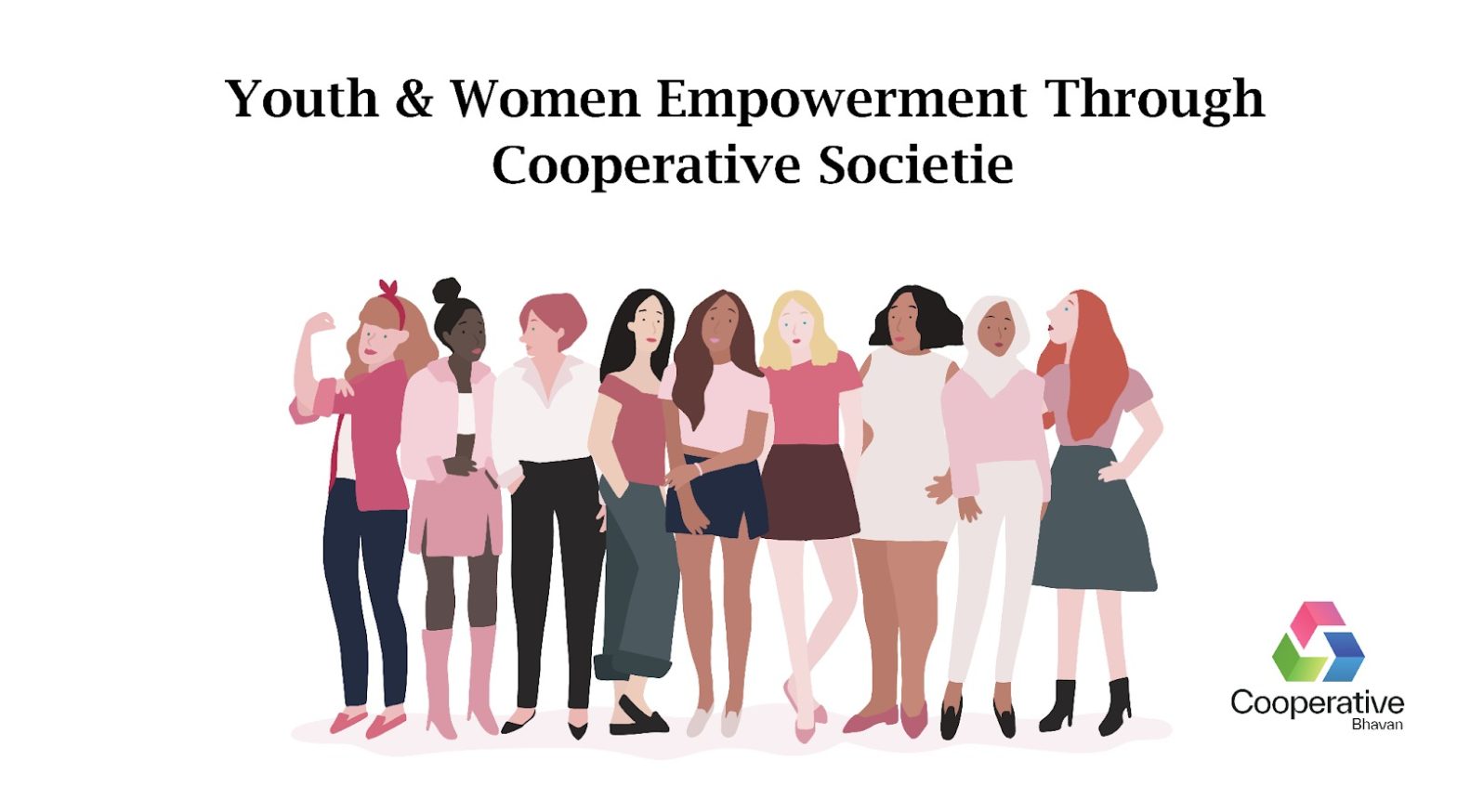



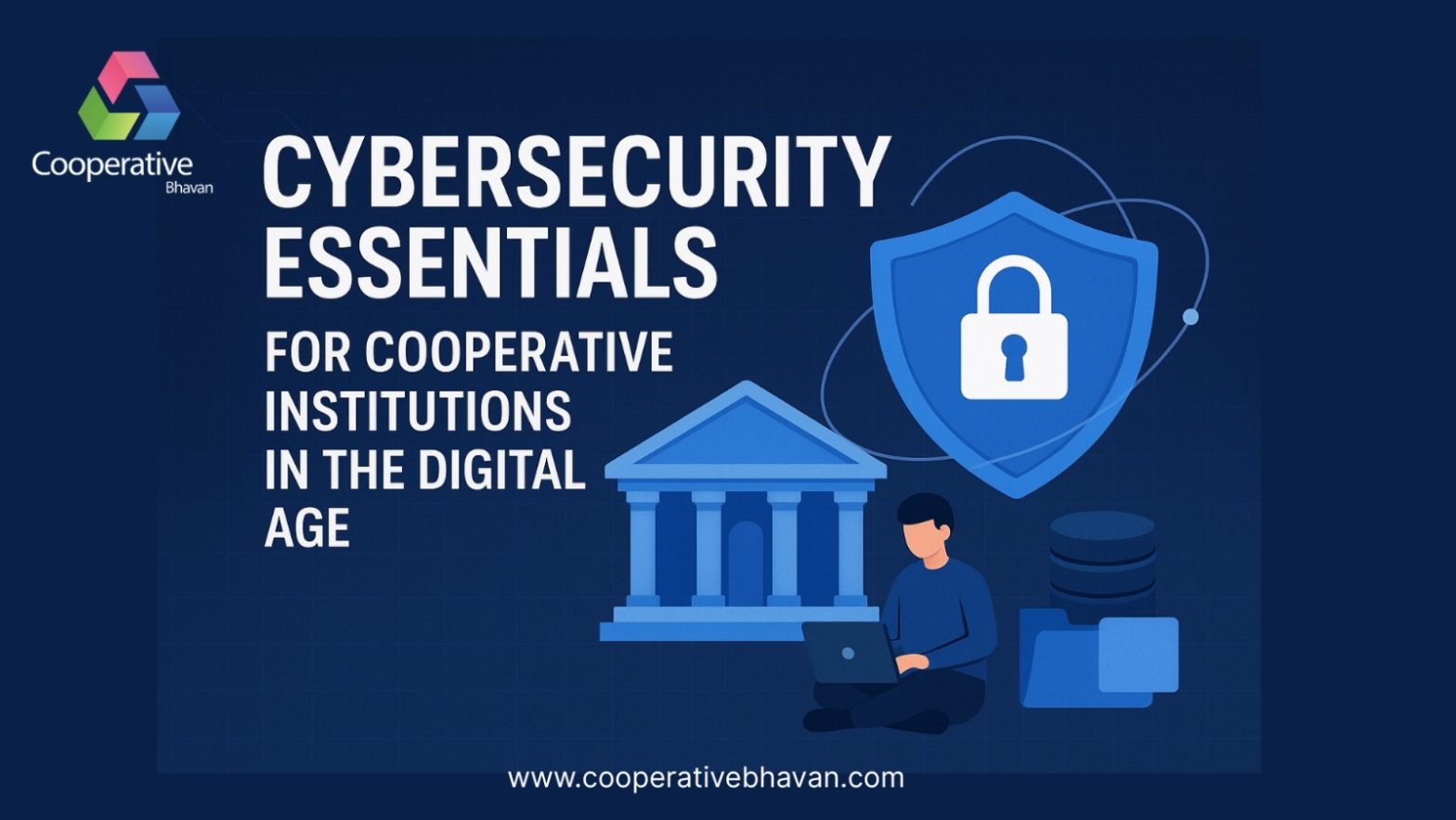


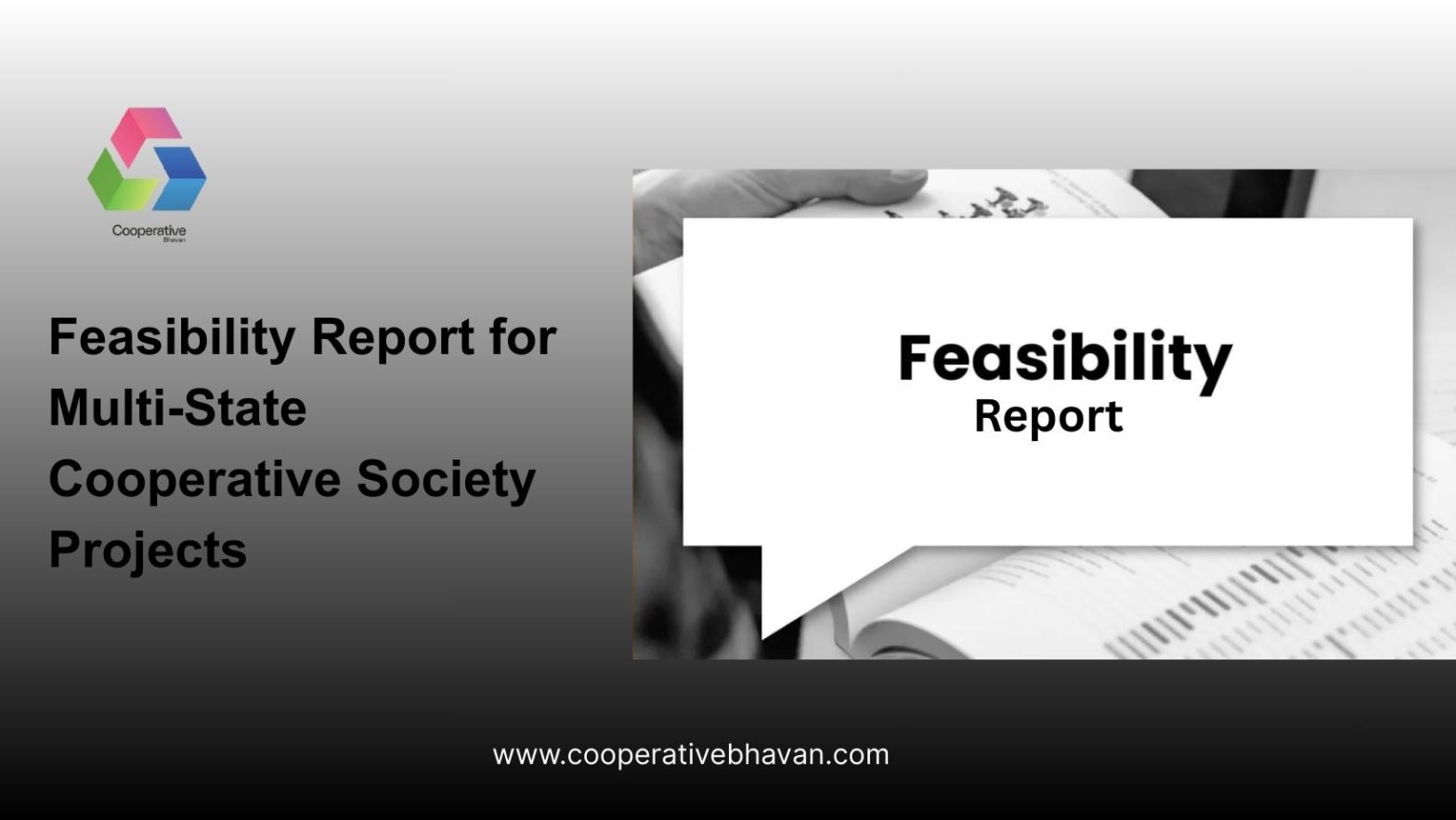
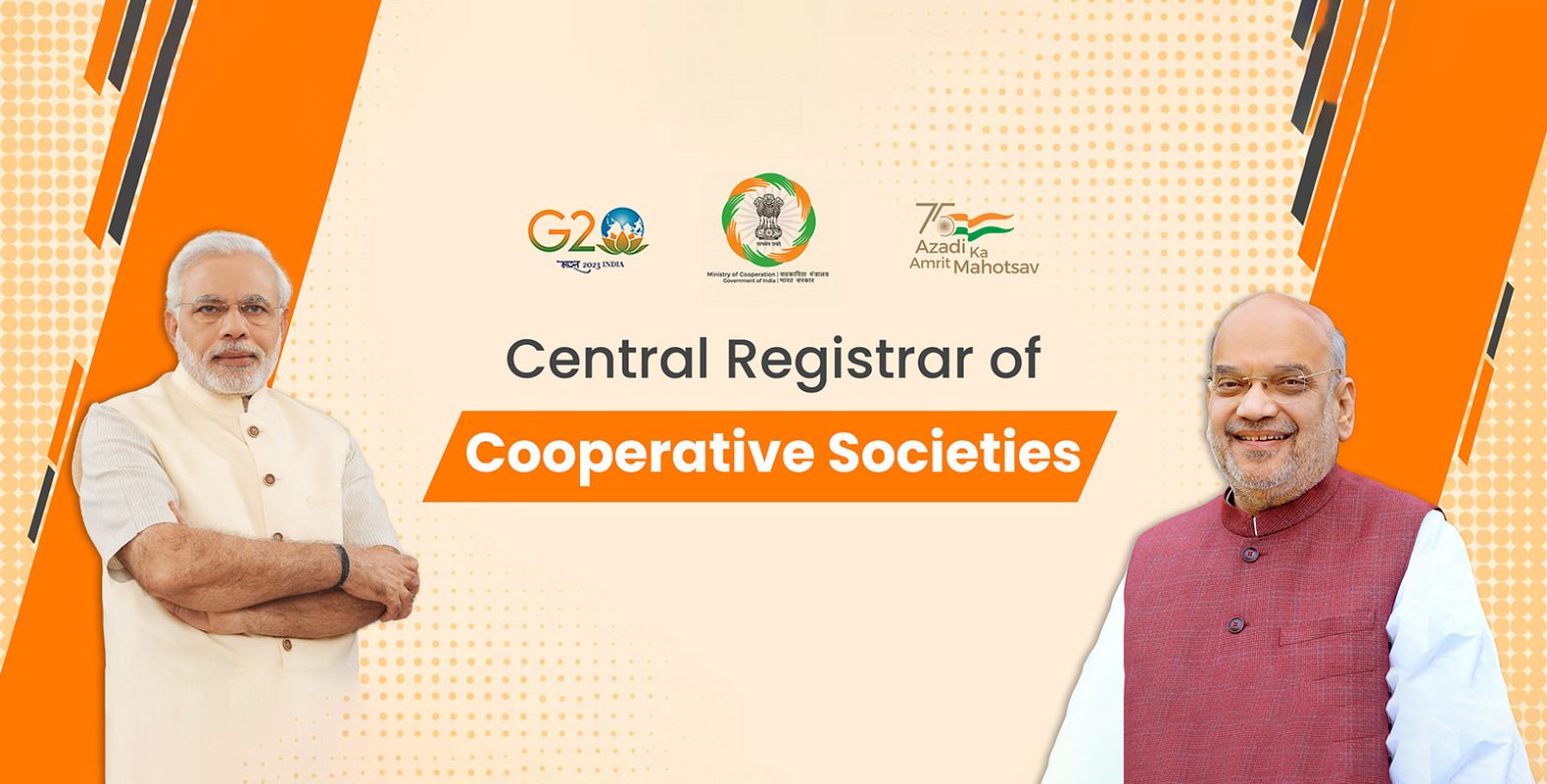



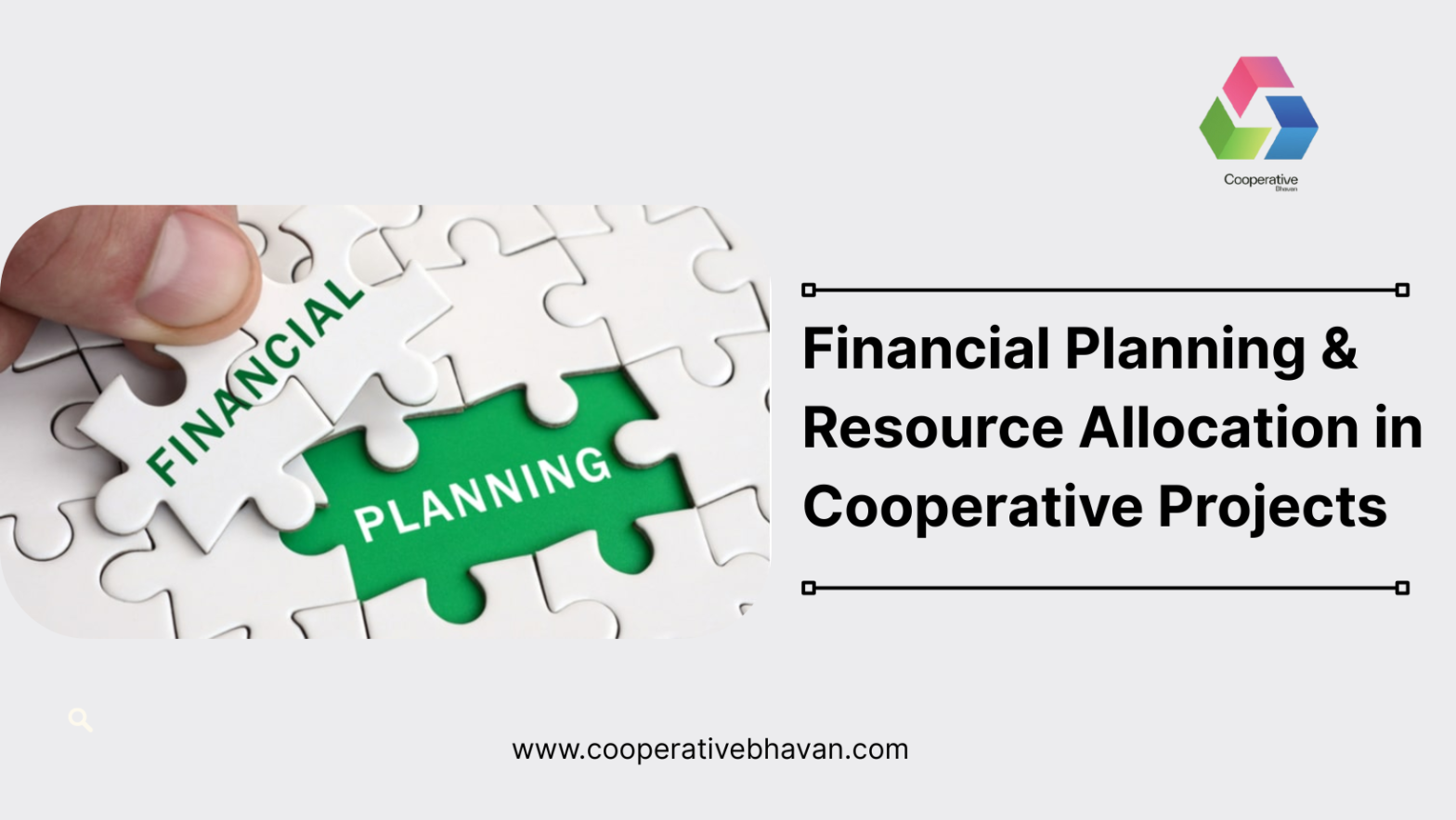
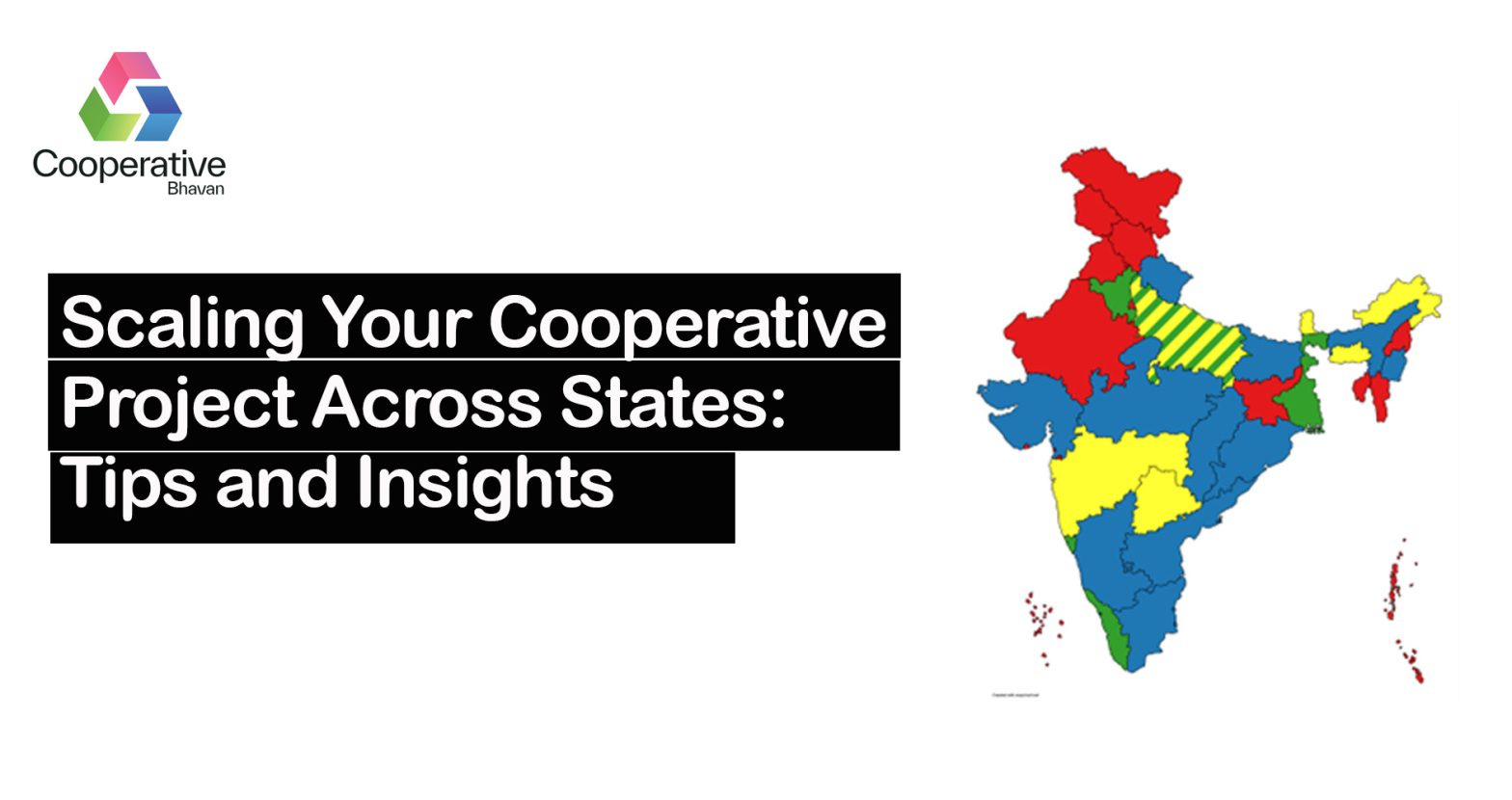
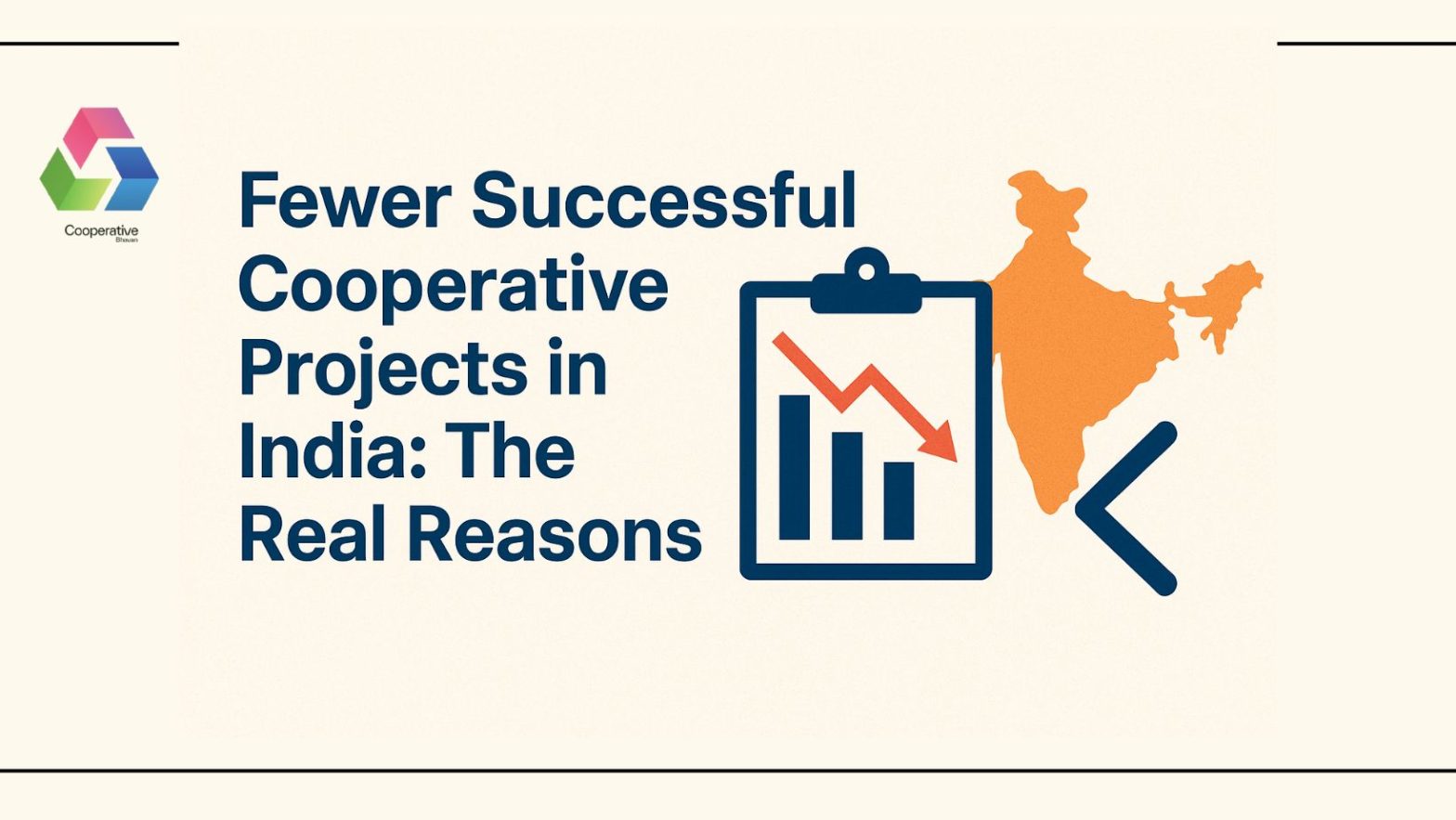


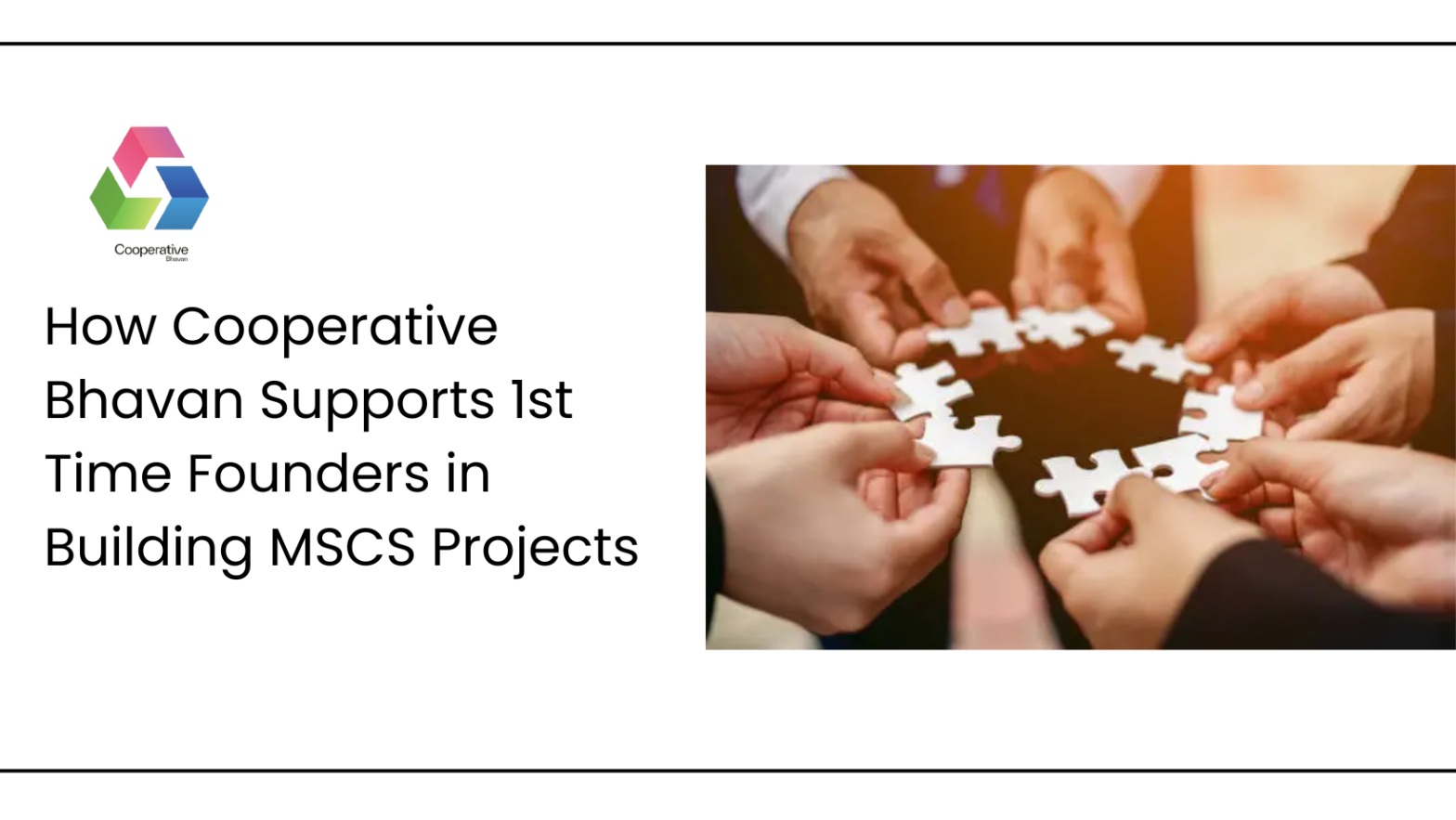






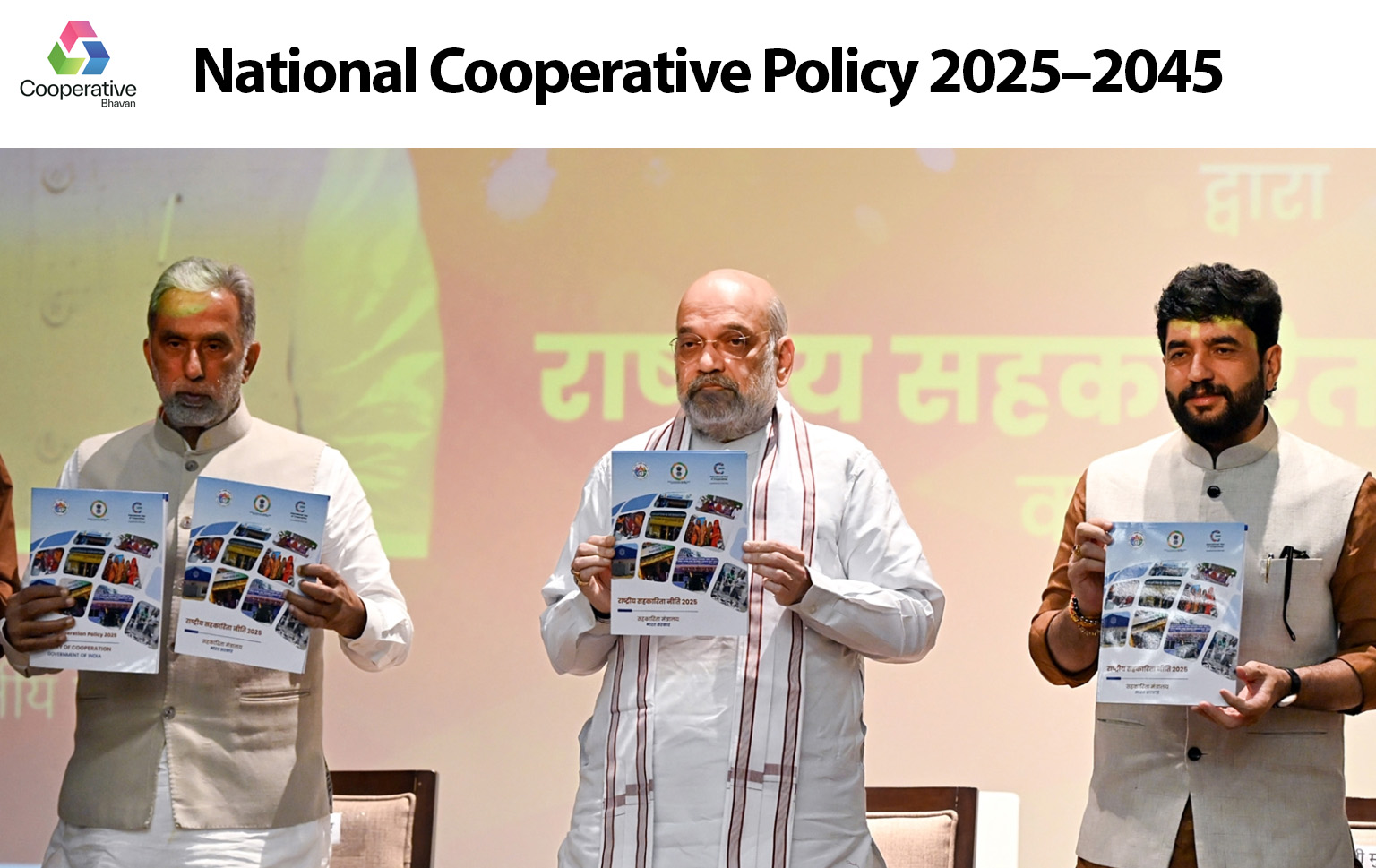

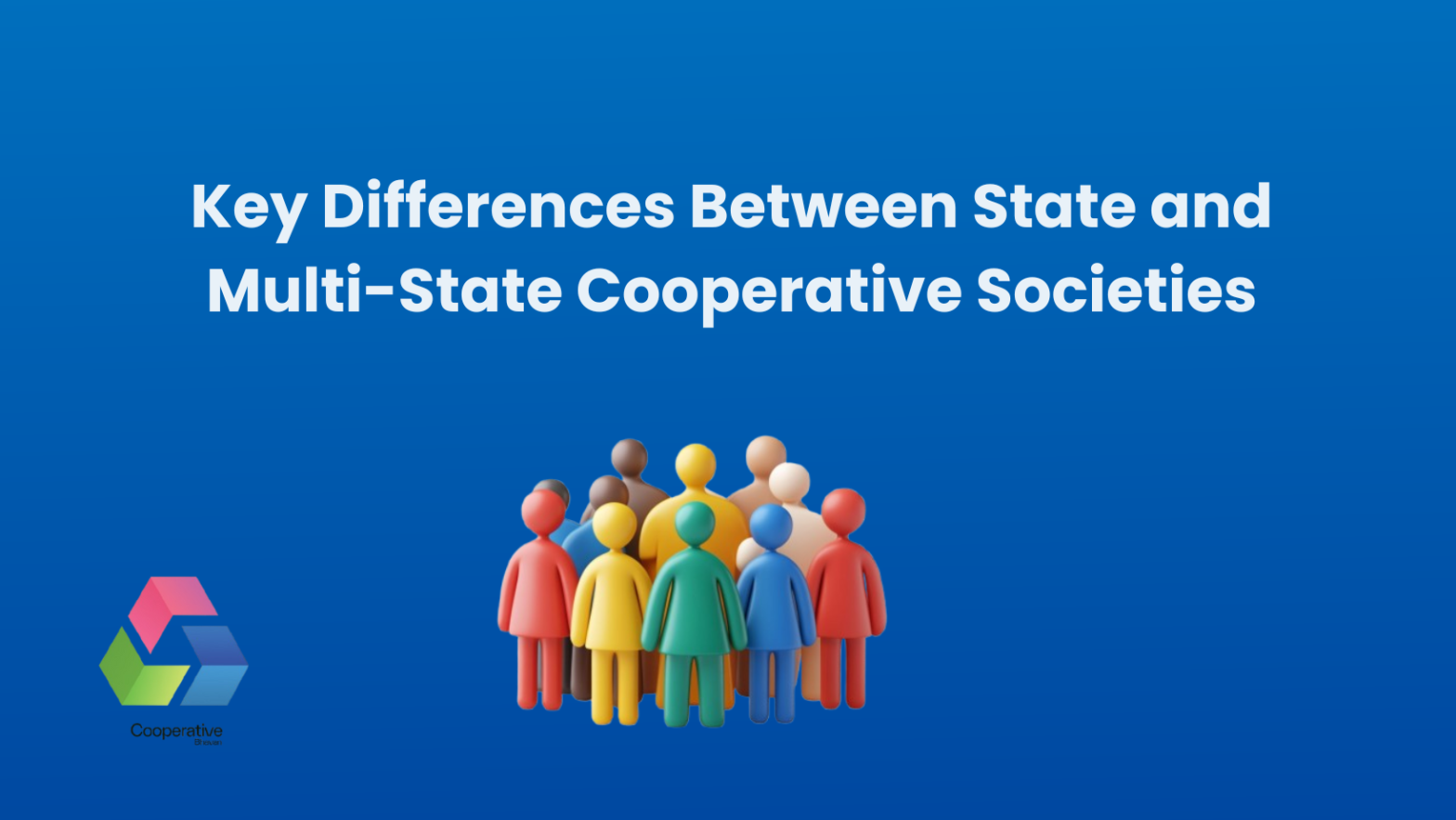
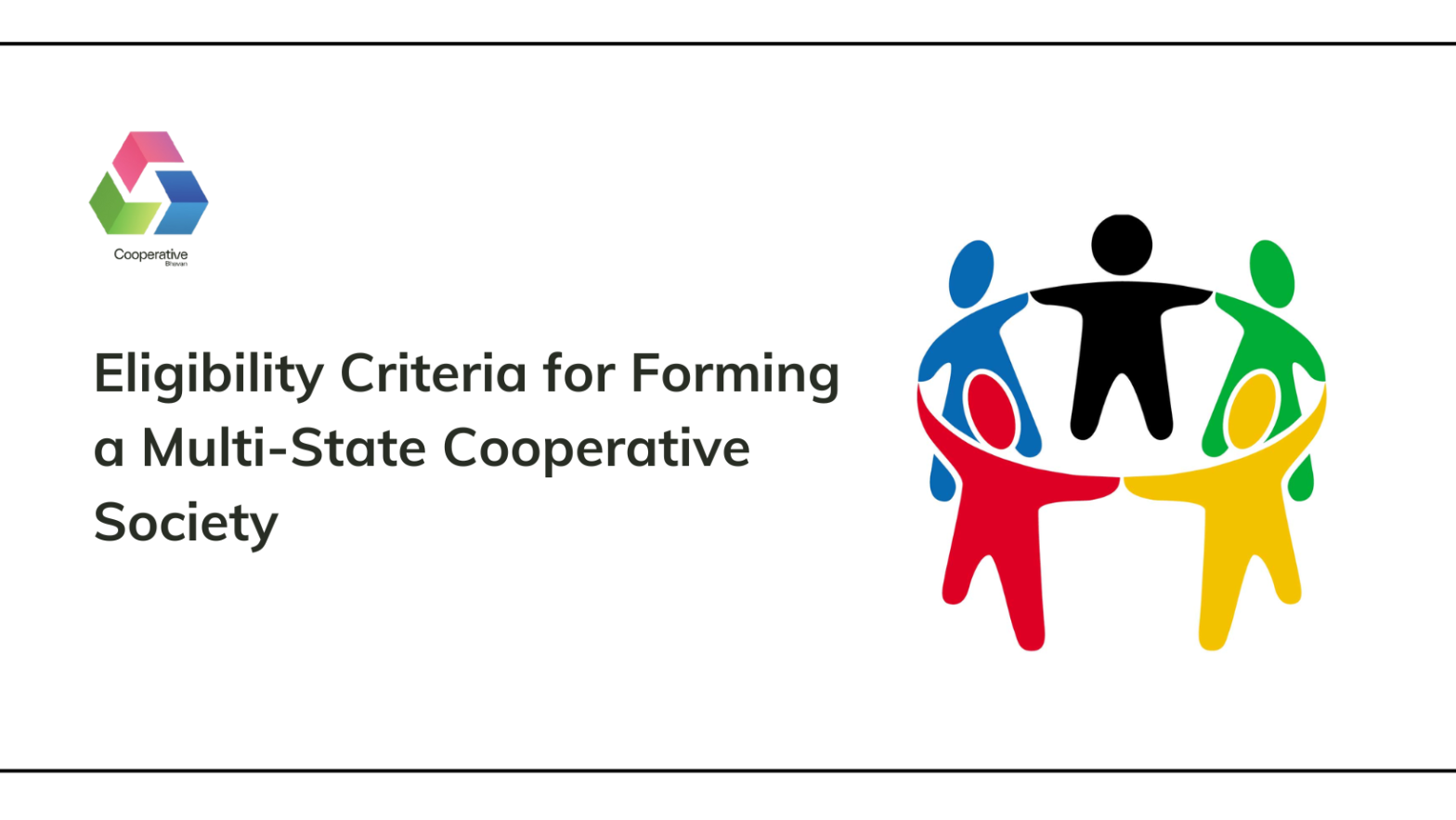






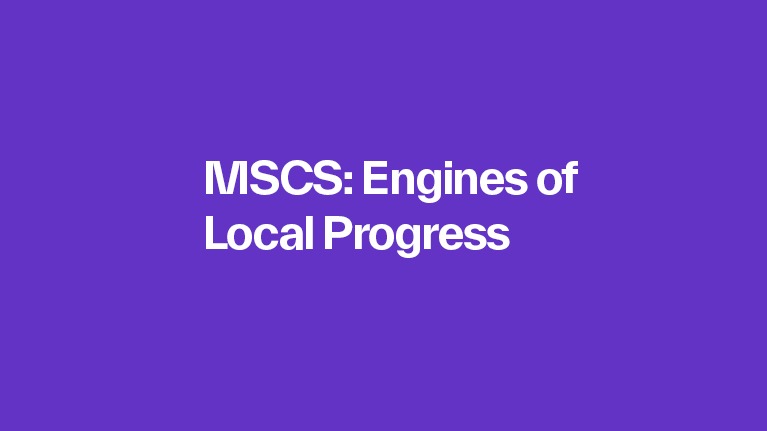




 Mail
Mail  Booking
Booking
 Call
Call